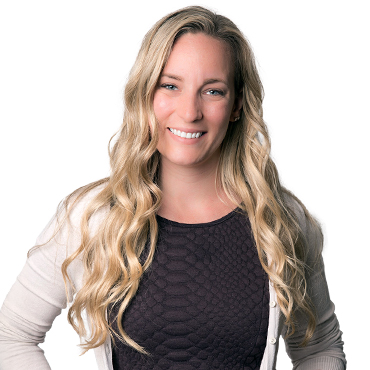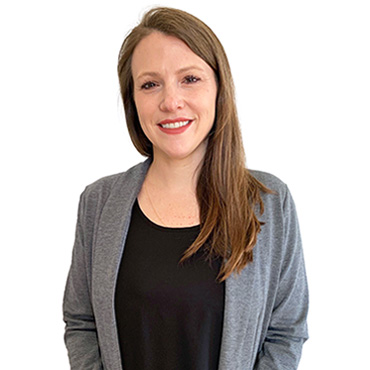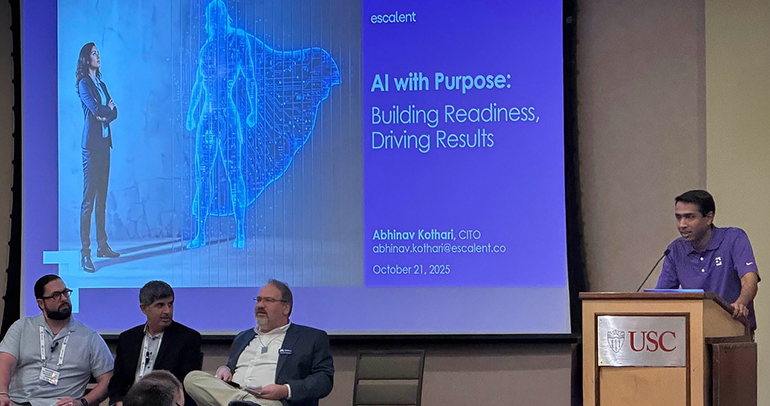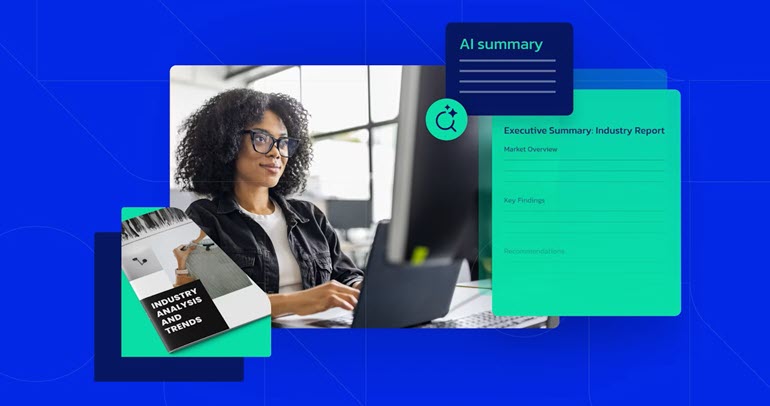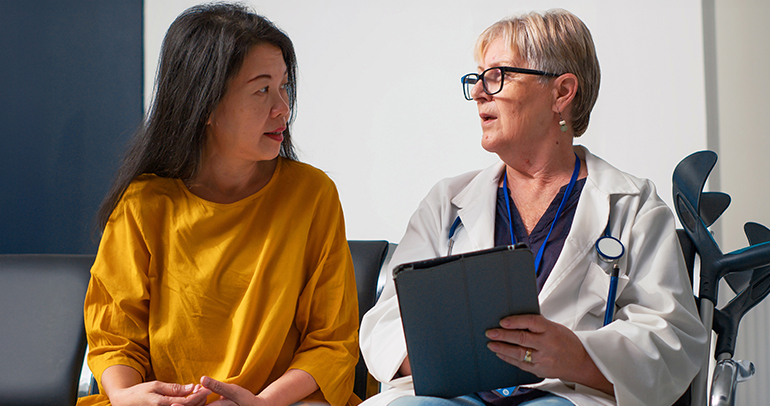
When someone is newly diagnosed, their world suddenly gets a lot smaller and a lot louder at the same time. They’re juggling appointments, new terminology, new routines and a whole set of worries they never expected to have. Participating in market research is usually the last thing on their mind, and for many, it’s something they’ve never even heard of. Yet sharing their day-to-day experiences can directly inform better treatments, patient support programs, digital tools and services that make care more seamless.
Those early experiences are some of the most revealing. They show where communication breaks down, what feels overwhelming and which moments truly shape a patient’s journey. Welcoming these new voices into research isn’t just valuable for health and life sciences companies designing therapies or digital solutions. It’s meaningful for the patients, too, helping them feel heard and supported as they navigate their new reality.
Meeting Patients Where They Already Gather Through Online Communities
Most new patients look for connection before anything else. They join support groups, browse forums or follow social pages where others living with the condition share their stories. These spaces feel familiar and less intimidating than anything labeled “research.” That’s why at Escalent Group—Escalent, C Space, Hall & Partners—we start by meeting patients where they already are. We use online communities powered by C Space, our business unit, to help brands engage with patients in ways that feel organic and safe. Our expert facilitators introduce who we are simply and clearly, explain our purpose and make it obvious that we’re here to listen, not to overwhelm them.
This early clarity makes a big difference. When patients understand that their everyday frustrations and breakthroughs can help shape better programs, treatments and digital tools, they start to see research as something that benefits them too.
Creating Communities Where Patients and Caregivers Feel Seen and Heard
Once patients join a C Space Community, the tone changes. Instead of reporting information, they begin to feel like they’re part of something. They see others who are dealing with similar questions or challenges. They notice patterns in their shared experiences. They realize they’re not the only ones feeling confused about a treatment step, anxious before a procedure or unsure how to talk to family members about their condition.
That sense of shared understanding is powerful. It opens people up in ways that traditional research methods rarely do. When you see someone else describe the exact moment you thought was “just you,” you feel more comfortable sharing your own story. Caregivers experience this too. They finally see their role acknowledged, and that recognition helps them speak more honestly.
Inside these communities, our team helps guide conversations in gentle, natural ways. We encourage patients and caregivers to reflect, react and build on each other’s experiences. These discussions often spark new ideas, highlight unmet needs or surface questions that can be shared with our pharma clients. Many of the most meaningful insights come not from direct prompts, but from something a patient says that inspires others to share. With dedicated moderators and healthcare expertise, these communities help brands understand patient and caregiver needs more deeply, uncovering everyday realities and actionable insights.
Helping New Patients Ease into Sharing for Deeper Patient Insights
For those who are new to research, even simple questions can feel intimidating, so we keep early insight community activities light. A personal check-in. A “what today looked like” prompt. A chance to respond in private. These small moments help people ease into sharing without feeling like they’re being evaluated.
Flexibility plays a huge role. New patients are adjusting to a lot and asking them to fit into a rigid research structure isn’t fair. Letting them participate on their own time helps them share when they’re ready and ensures their responses are honest rather than rushed. For pharma and healthcare teams, this approach leads to richer patient-experience insights—more authentic, more detailed and, ultimately, more useful for shaping strategies that reflect real patient needs.
Turning Early Patient Participation into Long-Term Brand Trust
As patients and caregivers become more comfortable, their stories deepen. They move from describing surface-level experiences to talking about the emotional side, the practical challenges and the moments that shaped their choices. In long-term communities, this trust grows naturally over time.
We also make a point to share what we learn. Letting participants know how their input influenced a decision or helped a client rethink something validates their effort. It shows them that their voice carries weight.
Why These Conversations Matter to Patients, Caregivers and Pharma Companies
New patients bring a fresh perspective. They notice things others have learned to ignore. They ask hard questions. They help us and our clients see where patient services can be clearer, easier or more supportive.
By creating warm, supportive spaces where patients and caregivers can connect, Escalent Group helps even the most research-naive participants feel confident enough to share what they’re going through. And when they do, everyone benefits: the patients, the caregivers and the pharma and healthcare companies working to support them.
If you’re exploring ways to include new patients in your market research efforts, we’d be happy to help you build an online community where people feel comfortable sharing—and where their stories spark meaningful healthcare solutions.
